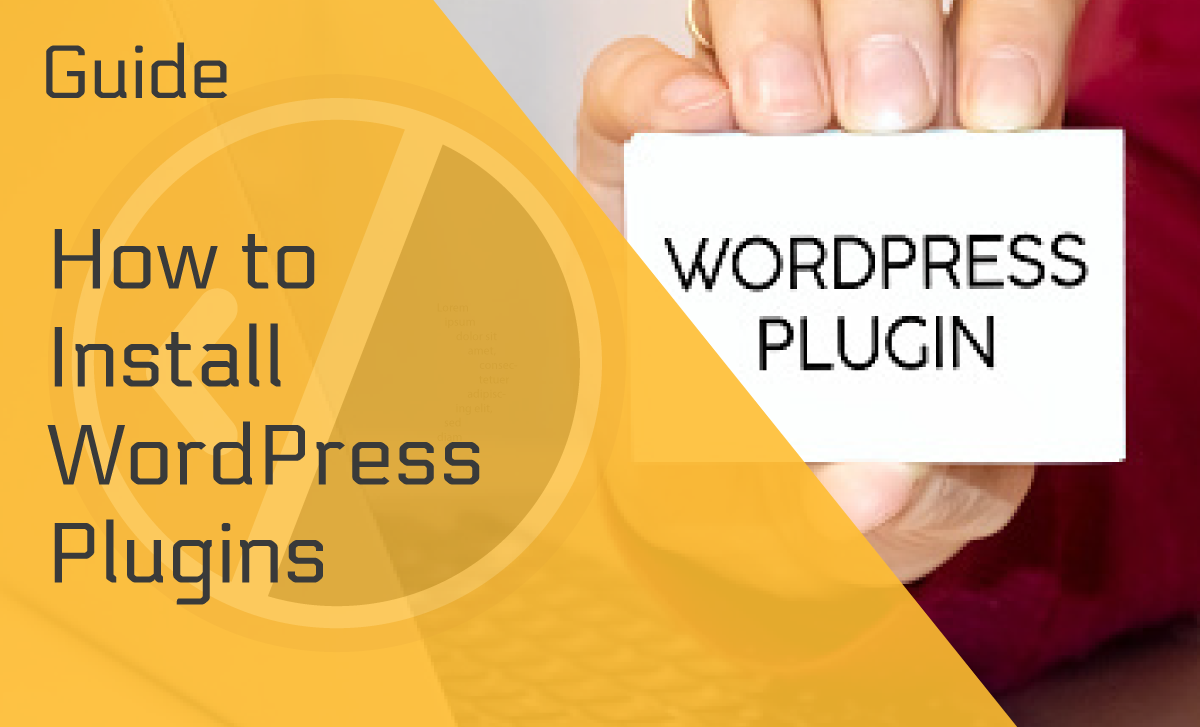How to Host a Website — An Easy Guide for Beginners
Published: October 5, 2022
Table of Contents
If you want to find out how to host a website, you’ll first need to become familiar with the fundamentals of web hosting. We’ll walk you through the exact steps you need to take to get your site online quickly, whether you’re doing it yourself or having someone else do it.
This guide will teach you what some of the basic terms mean and advise you on which hosting types are best for your particular requirements.
What Do You Need for Hosting Your Own Website
You’ll need two things to start a website — hosting and a registered domain name. We’ll tell you their importance for this process, so keep on reading.
Web Hosting
Web hosting companies provide you with ready-to-use servers that can host your website. They handle most of the technical aspects and provide simple tools for managing your hosting.
While using a provider with pre-configured servers and a team to assist you with troubleshooting is usually the best option, you could also buy and build your own server. However, this is much more expensive and requires a lot of commitment and expertise.
Both approaches have pros and cons, but self–hosting a website is not really a feasible option for the large majority of website owners.
Domain Name
A domain name is the registered website name people type into their browser’s address bar to visit your website. Domain names can include different TLD (Top-Level Domain) extensions, including the popular .com, .org, .net, .gov, and so on.
The average domain name costs around $10.00–$20.00 per year. Of course, the actual range is much wider — you can also find some best domain registrars who offer free domain names, while some premium names have been sold for millions of dollars.
Steps to Host a Website
Once you’ve built your website, it’s time for the world to see it. Using a web hosting service is much easier than you might think. Let’s go over the steps involved in hosting a website to see how it works.
1. Decide on Your Website Type.
There are two types of websites: dynamic and static.
Dynamic websites display adaptive content that changes depending on the user behavior or the visitor’s site settings. This category includes subscription-based, ecommerce, and social networking sites.
As a result, dynamic sites usually require a more comprehensive hosting plan with more bandwidth, storage space, and memory.
On the other hand, every user on a static website sees the same page and content. Business websites, blogs, and portfolio websites are some examples.
Because running and hosting a static website typically requires less storage space and server resources, even the basic web hosting plans are often enough.
Once you’ve decided on the type of site you want to create, you can estimate the amount of resources it’ll require to run smoothly. This should help you find a hosting plan that will perfectly meet your needs.
Of course, you can always move your website to a new host if you realize that your site’s demands are increasing.
2. Research the Types of Website Hosting Services
It stands to reason that a smaller website with fewer visitors and less content will require less resources (like bandwidth and disk space) than a site with more traffic or a higher page count.
When choosing a hosting provider, don’t rely only on their prices as an indicator of the quality of their services. Low-cost hosting companies can sometimes even be a better fit for you, depending on the requirements and the purpose of your website.
For instance, it’s wise to consider how user-friendly their creation tools are and whether the provider allows for simple integration with popular CMS platforms. It can often turn out to be more important than the website hosting cost.
So, the highest-quality cheap hosting that meets your resource requirements might be the ideal option for a small website.
However, hosting companies offer various hosting packages tailored to specific website requirements. Here are the most popular hosting choices.
Shared Hosting
This type of hosting is appropriate for small websites, blogs, and new small businesses. You can create a website quickly if you use a website builder for your small business.
With shared hosting, you’ll be able to reduce costs since you’ll share the same server resources with multiple websites. The prices typically range from $1.00 to $15.00 per month.
VPS Hosting
Virtual Private Server hosting is still a shared hosting environment, but it provides flexible hosting for a website that might experience high traffic spikes.
You’ll be given a partitioned private server for the website, which you can manage through your hosting control panel. This combines the low cost of shared hosting with the flexibility of dedicated resources, giving you the best of both worlds.
The pricing for VPS hosting typically ranges between $20.00 and $100.00 a month, but you can easily find great cheap VPS hosting solutions suitable for ecommerce stores, medium-sized businesses, and popular blogs.
Managed WordPress Hosting
This is a hosting service designed specifically for WordPress. It functions similarly to a concierge service for your WordPress website. The hosting company handles your website’s updates, caching, and backups.
It allows you to concentrate on content creation and business growth. Hosting a website with these providers often starts at around $15.00 a month (cheaper plans are available) and is suitable for membership websites, business websites, and blogs.
Using WordPress CMS with support from a managed WordPress hosting provider, it would probably take you only one or two days to build a website, even if you don’t have much prior experience.
Dedicated Hosting
This type of hosting involves dedicating an entire server to your website. You have access to the server’s resources, advanced server management tools, and the ability to install your software and operating system.
You’ll need some technical knowledge to use this type of hosting since you’ll be in charge of your server. The prices for dedicated hosting typically range between $80.00 and $500.00.
It’s a good option for larger websites that require high performance to handle increased traffic volumes, such as enterprise-level businesses, big ecommerce stores, and trendy websites.
3. Select a Hosting Provider
Now that you’ve learned more about the various types of web hosting, it’s time to pick the best website hosting service for your needs. Besides bandwidth and storage space, there are a few factors you should consider when choosing a good hosting provider:
- Upload speed: It determines how quickly your website will load.
- Response time: The time it takes the server to begin sending your website’s details to the user after they enter your domain name into their browser. It can have a direct impact on the website speed.
- Support: Most hosting companies provide 24/7 customer service via live chat, phone, and email.
- Cost of hosting a website: As mentioned above, shared hosting will be the least expensive option, VPS and managed will be somewhat pricier, and dedicated servers will be the most costly.
4. Choose a Domain Name and Register It
A domain name has two parts: a second-level domain and a top-level domain. Domain names can’t be changed once registered, so choosing the name carefully is critical.
The next step is to register your domain. We recommend buying one through the hosting provider of your choice. Most hosting companies will offer a domain with their hosting packages, making the process easier.
5. Transfer Your Website to Your Hosting Provider
Once you’ve determined your hosting plan and domain name, you need to transfer your website to your hosting provider’s server.
The recommended method is to use File Transfer Protocol (FTP), which is typically accessible through your hosting provider’s dashboard.
Wrapping Up
You can easily create and host a website if you choose the right approach.
If you follow these steps, you’ll find a hosting plan that will be perfect for your website needs, and you can concentrate on what’s truly important — your website!
FAQ
Can you host a website for free?
Yes, there are numerous platforms where you can host a website for free as long as you want. You just need to pick the best one for your website.
However, the free hosting typically doesn’t meet current security standards and doesn’t provide the needed backup services, which can be life-saving when something goes wrong.
Is hosting a website easy?
Yes, it is.
Many people believe that hosting a site requires specialized technical skills. However, that isn’t necessarily the case. If you follow the steps we outlined, you can easily host a website. Of course, if you want to self-host a website, the process is much trickier.
How much does it cost to host a website?
As mentioned above, costs will vary depending on various factors, such as plan tiers, hosting methods, and features. For instance, there are decent deals to be found when you check the cheapest WordPress hosting providers.








